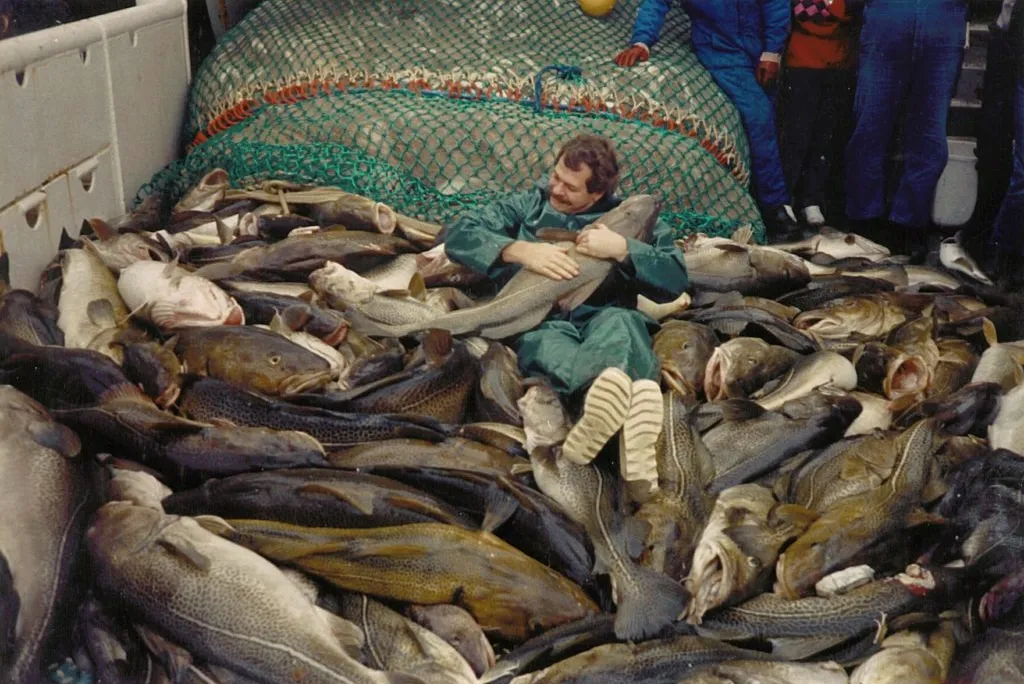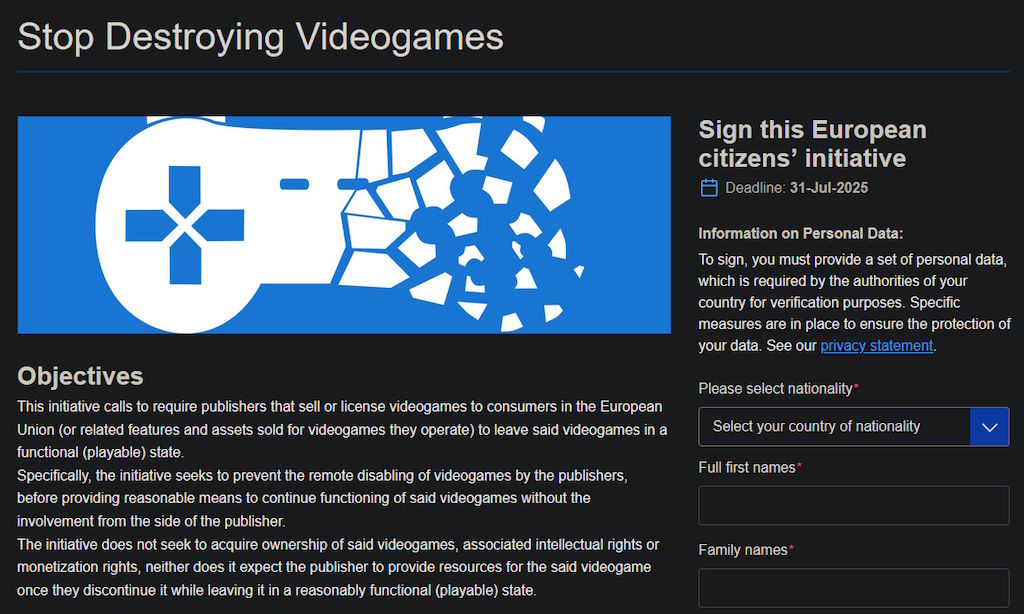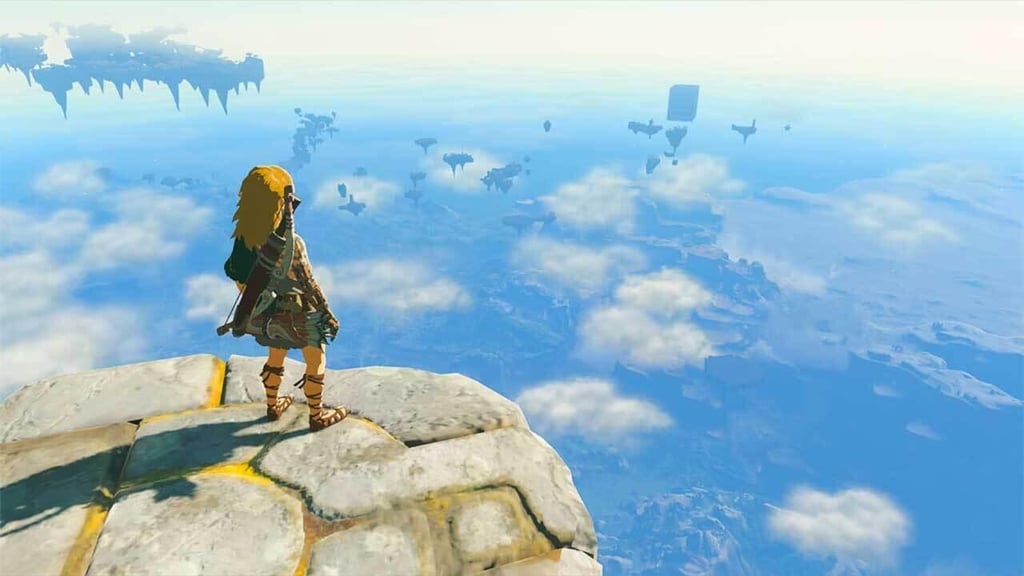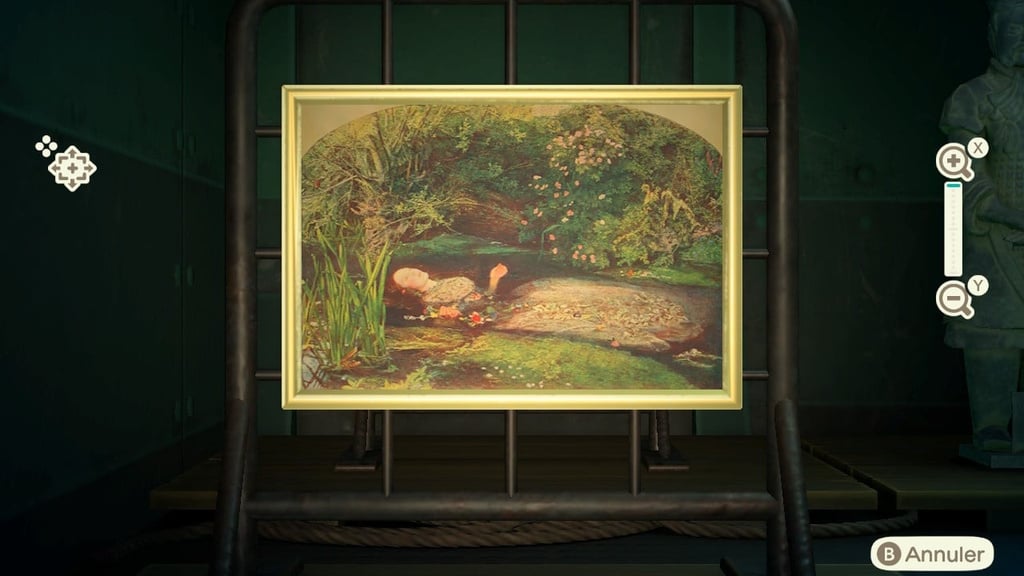Eastern Baltic cod grow much smaller than they did due to overfishing
These Cod Have Been Shrinking Dramatically for Decades. Now, Scientists Say They’ve Solved the Mystery
Eastern Baltic cod grow to much smaller sizes than they did just 30 years ago, because overfishing altered their genes, according to new research
Amber X. Chen
- AAAS Mass Media Fellow

A new study reveals that decades of overfishing have altered the evolution of cod in the eastern Baltic Sea.
The research, published in the journal Science Advances on June 25, aimed to answer a question that had puzzled scientists for decades: What’s behind the dramatic size change in eastern Baltic cod?
/https://tf-cmsv2-smithsonianmag-media.s3.amazonaws.com/filer_public/40/a0/40a044b6-13ad-45c7-be4e-dda817c3b599/shrinking-cod-how-huma.jpg)
These fish used to be enormous. In 1996, the biggest Baltic cod grew more than three feet long. By 2019, however, their sizes had been cut in half, and the cod’s weight was but a fraction of its previous glory. Now, the average cod can sit in a person’s cupped hands.
For decades, fishers in the Baltic Sea caught cod relentlessly, using large nets. Smaller fish could escape more easily, presenting an external pressure to remain smaller. But directly connecting the population’s decrease in size to evolution—and not other environmental factors, such as pollution or temperature change—is notoriously difficult for scientists.
Regulators banned fishing of eastern Baltic cod in 2019 due to a population collapse, but their size still shows no signs of bouncing back. In the new study, scientists find that overfishing did not merely remove the biggest individuals—it changed the genetic composition of the cod population, predisposing them to remain small.
“Human harvesting elicits the strongest selection pressures in nature,” Thorsten Reusch, a marine ecologist at the GEOMAR Helmholtz Center for Ocean Research Kiel in Germany and co-author of the paper, tells Emily Anthes of the New York Times. “It can be really fast that you see evolutionary change.”
Did you know? Shrinking body size
In animals, shrinking body size is a known response to warming, with populations of birds, frogs and mammals reportedly growing to smaller sizes over time as climate change raises temperatures. Individual clownfish have been found to shrink during ocean heat waves.
To uncover the reason behind the dramatic drop in cod size, researchers analyzed 152 fish otoliths—tiny, bone-like structures found in the inner ear—that were collected from eastern Baltic cod harvested between 1996 and 2019. Otoliths can act as records of a fish’s annual growth, serving as biological timekeepers, like tree rings.
The researchers then sequenced the DNA of each fish and searched for areas of the genome and genetic variants that were associated with the growth rate. In the end, the team revealed that over time, variants related to a larger body size had become less common. This suggests an external pressure was guiding the cod’s evolution.
“What we are observing is evolution in action, driven by human activity,” Reusch tells the Guardian’s Hannah Devlin. “This is scientifically fascinating, but ecologically deeply concerning.”
Though warming ocean temperatures may also be a factor in driving smaller cod sizes, the dramatic decrease in size is far greater than what scientists expect could have been caused by temperature shifts alone, according to the New York Times.
Scientists say that this evolutionary change in cod can carry consequences. The genetic variants associated with a faster growth rate might already be lost from the population, according to a statement. This decrease in genetic diversity might make it harder for a species to adapt to environmental changes in the future.
“Evolutionary change unfolds over many generations,” says Reusch in the statement. “Recovery takes far longer than decline, and it may not even be possible.”
Stefano Mariani, a marine biologist at Liverpool John Moores University in England who was not involved in the research, tells the Guardian the work is a “milestone” in showing that human activity can speed up evolution. This, he adds, highlights the importance of tracking not only a species’ numbers, but also its gene pool.
Get the latest stories in your inbox every weekday.
What's Your Reaction?
 Like
0
Like
0
 Dislike
0
Dislike
0
 Love
0
Love
0
 Funny
0
Funny
0
 Angry
0
Angry
0
 Sad
0
Sad
0
 Wow
0
Wow
0









































